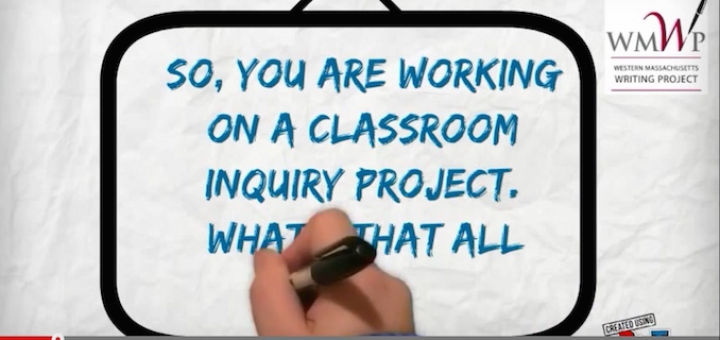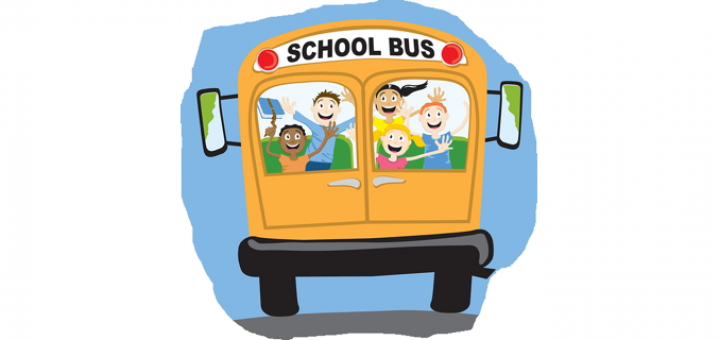Category: Teaching Practice
When spring fever rises and summer still seems far away, newbie and veteran teachers alike may feel they’re losing their focus and their students are drifting. Check out Elyse Scott’s five regrouping and re-energizing strategies and “do what’s right for the kids.”
Bryan Goodwin & Elizabeth Ross Hubbell make a compelling argument that teachers can improve their impact on student learning by using a “do-confirm” checklist based on 12 essential daily touchstones that represent current research on what works best. Pilots do!
“High expectations” shouldn’t be about teaching obedience or expecting cookie-cutter work from all students. Middle school educator Cheryl Mizerny offers her take on teacher attitudes and practices that help or hinder student efforts to achieve their very best.
Kevin Hodgson joins two middle level colleagues to share a cross-school collaboration supported by the National Writing Project that engaged teachers in investigating how to use writing strategies and inquiry learning with students in all content areas.
Veteran educator Cheryl Mizerny is surrounded by committed teachers, but she knows that even the most well-intentioned can fall into bad habits that may make some students dread coming to their class. She shares the warning signs of five problem behaviors.
Sarah Tantillo offers more sage advice on how to write lesson objectives that get students’ brains racing. In this post, the literacy consultant explains why objectives must always have a compelling purpose – offering two stories from her own classroom observations.
Teachers who begin lessons without telling students “what we’re doing and where we’re going” are kidnappers, says Sarah Tantillo. Don’t take your middle graders on a mystery ride. Use the RPM strategy to write rigorous, purposeful, measurable objectives in any subject. Cheatsheet included!
For ELA teacher Cheryl Mizerny, the most effective learning strategy often begins with students working collaboratively in small groups. Mizerny shows how this works during a Grammar, Usage & Mechanics lesson and another on the characteristics of personal narrative.
A week of sitting in a teaching seminar has left Sarah Cooper inspired but also thoughtful about how students experience daily classroom life. “I felt new empathy for having to follow teachers’ instructions all day long.” Read her 10 takeaways.
In our lives beyond school we expect understanding, trust, and a sense of fair play. We want our concerns validated and taken seriously, and we want our voices to be heard. Our students are entitled to the same, says veteran teacher Elyse S. Scott.
























